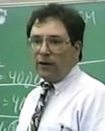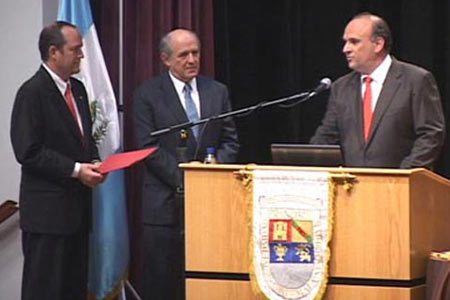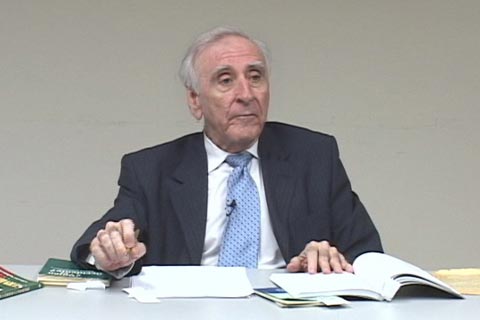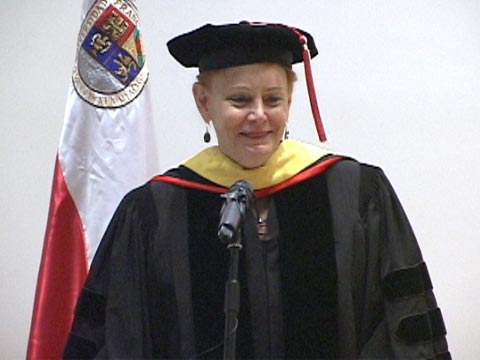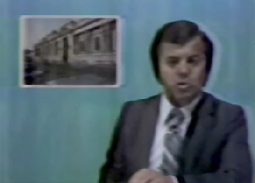About this videoIn this lecture Dr. Michael Krauss continues the economic analysis of law and public choice. Using the example of a simplified society and fishing, he explains that production is not efficient when property rules are absent or when they are based on communal property. Production problems are solved, however, by private property rights. Krauss describes the different types of property rights based on the categories: who may own, how may it be used, and how may it be transferred. He uses examples, including voting rights, jury duty, the military draft, and organ transplants, to illustrate inalienability rules. |
|
CreditsEconomic Analysis of Law and Public Choice (Part 4) | |





